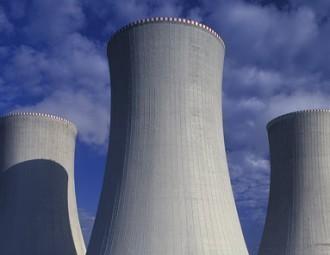Presidency of Lithuania in EU is a good chance to discuss nuclear power plant in Astravets

Jaroslav Neverovič, Lithuanian Energy Minister, sees Lithuania’s upcoming EU presidency as an opportunity to discuss energy projects carried out by non-member states close to the EU external borders.
“Speaking about relations with third countries, it will be very useful for us to speak with our partners in the European Union what our common positions on third-country projects can be. I think that during our presidency, we will find an opportunity to discuss this issue with our EU colleagues,” he told ‘LRT’ Radio on Friday.
Neverovič said that during their meeting in Vilnius, EU Energy Commissioner Günther Oettinger had reiterated his assurance that the EU would support Lithuania in its negotiations with Russia’s Gazprom on lower gas prices and on the implementation of the Third Energy Package.
“We were told, once again, about the Commission’s commitment to support us in talks with our partners in implementing the Third Energy Package and that the Commission would continue its active participation in consultations and talks with Gazprom’s representatives,” he said.
“We were told, once again, about the Commission’s commitment to support us in talks with our partners in implementing the Third Energy Package and that the Commission would continue its active participation in consultations and talks with Gazprom’s representatives,” he continued.
Two nuclear power plants are being built close to Lithuania’s border: in the Russian exclave of Kaliningrad, and in Astravets, in Belarus’ Grodno region, some 50 kilometres away from Vilnius.
Lithuania says that the Kaliningrad and Belarusian projects raise doubts as to their environmental impact and that they do not comply with international conventions.
-
03.01
-
07.10
-
22.09
-
17.08
-
12.08
-
30.09










































